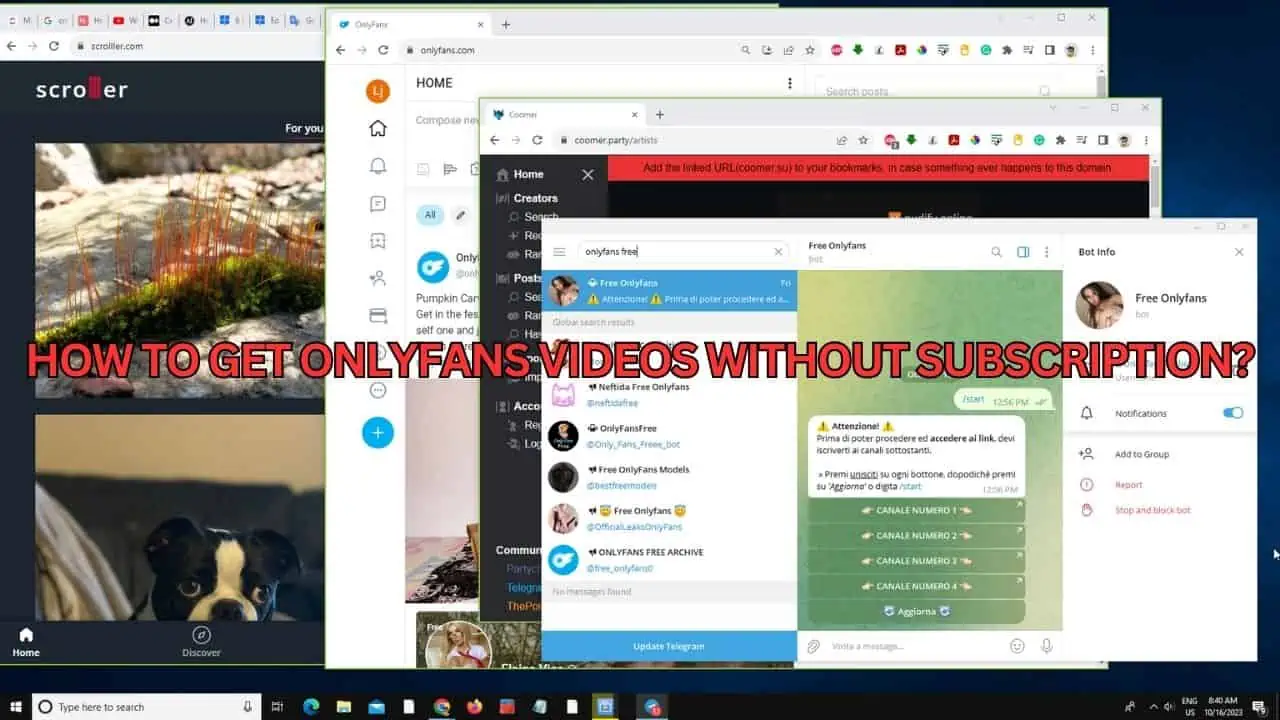Satya Nadella, Tony Bates, Bill Gates & the Microsoft Board All Initially Opposed the Nokia Acquisition
5 min. read
Published on
Read our disclosure page to find out how can you help MSPoweruser sustain the editorial team Read more
A new report claims that then Cloud EVP Satya Nadella, Tony Bates, along with Bill Gates and the Microsoft board all initially opposed Steve Ballmer’s plan to acquire Nokia. Nadella would later change his mind but Bates remained vehemently opposed. Tony Bates is no longer with the company, Gates stepped down as chairman, while Ballmer is now on the board and Satya Nadella is currently CEO. If this report is indeed true, I have a deepened respect for Steve Ballmer. Bloomberg reports:
Ballmer’s relations with the board hit a low when he shouted at a June meeting that if he didn’t get his way he couldn’t be CEO, people briefed on the meeting said. The flare-up was over his proposed purchase of most of Nokia Oyj, and part of an ongoing debate: Should Microsoft be a software company or a hardware company too?
Several directors and co-founder and then-Chairman Bill Gates — Ballmer’s longtime friend and advocate — initially balked at the move into making smartphones, according to people familiar with the situation. So, at first, did Nadella, signaling his position in a straw poll to gauge executives’ reaction to the deal. Nadella later changed his mind.
“Nokia brings mobile-first depth across hardware, software, design, global supply chain expertise and deep understanding and connections across the mobile market,” Nadella said yesterday in an e-mailed statement. “This is the right move for Microsoft.”
Ballmer was so loud that day in June his shouts could be heard outside the conference room. people with knowledge of the matter said. He’d just been told the board didn’t back his plan to acquire two Nokia units, according to people with knowledge of the meeting. He later got most of what he wanted, with the board signing off on a $7.2 billion purchase of Nokia’s mobile-phone business, but by then the damage was done.
Steve Ballmer was hurt by Bill Gates opposition to the Microsoft/Nokia deal.
Differences emerged over the move into hardware, according to people familiar with the matter. Gates didn’t agree that the world’s largest software maker should produce its own mobile devices, and Ballmer was hurt that Gates didn’t back him, the people said. At November’s shareholder meeting, General Counsel Brad Smith had to persuade them to take the stage together.
They were frustrated by his tendency to talk more than listen, the people said, and his reaction to the pushback on Nokia was for some the last straw. The board rejected the first deal as too expensive and complex, including not only the handset division but also a mapping unit Microsoft didn’t need. Even without maps, Fitch Ratings called the price “excessive” in a note yesterday, citing a deterioration in the user base for Windows-based phones.
Members of the senior leadership were not on board with Ballmer on the acquisition of Nokia:
In February 2013, on the eve of the Mobile World Congress show in Barcelona, he reached out to Nokia Chairman Risto Siilasmaa and started the talks that resulted in the agreement the board kicked back. Then the handset-only deal was hammered out; it included bringing Nokia CEO Stephen Elop, a former Ballmer lieutenant, back as head of a new devices unit.
Even on Ballmer’s senior team, the acquisition wasn’t universally popular. In the straw poll, several executives initially voted against it, including Nadella and Bates, according to people with knowledge of the matter. Nadella later sided with Ballmer, while Bates remained staunchly opposed.
The former CEO had put Penn and Tami Reller jointly in charge of aspects of marketing, an arrangement they were unhappy with, said a person familiar with the matter. Reller went so far as to tell Ballmer he had to choose between them, said the person. She’s leaving the company and will be replaced by Chris Capossela, who’d been pushed aside by Ballmer’s reorganization.
It was late on Aug. 22 that Ballmer shocked his leadership team with the news he’d be announcing his departure the next morning. Two outsiders who got a heads-up were Siilasmaa and Elop of Nokia, said people familiar with the events. Ballmer called each of them about 15 minutes before the announcement to reassure them Microsoft remained committed to the deal.
Alan Mulally was very arrogant with the Microsoft board when being considered for the CEO position even refusing a formal interview:
While [Mulally] met with members of the search committee and expressed interest in the job, he refused to formally interview, the people said. By early December, his chances faded and Nadella was the leading internal candidate.
The rest the Bloomberg is very lengthy but ultimately rehashes known history and we learn very little new. If this report is indeed true, and I have not reason to believe otherwise, it is deeply concerning. Microsoft needs to be significantly more involved in hardware not less. Ballmer put his job on the line to make this deal happen and for that I have a new and deepened respect for the former CEO. He went against everyone to make the Microsoft/Nokia deal happen. Ballmer loved Microsoft above all else, including himself, and he had a vision for the future of company.
I hope the current leadership team and the board at Microsoft understands the importance of hardware and mapping.
Source: Bloomberg








User forum
0 messages